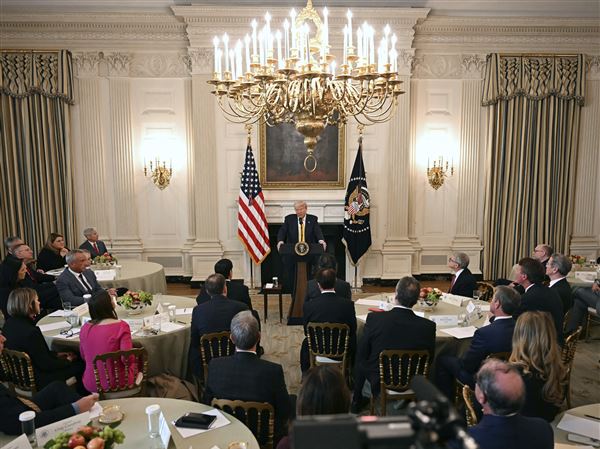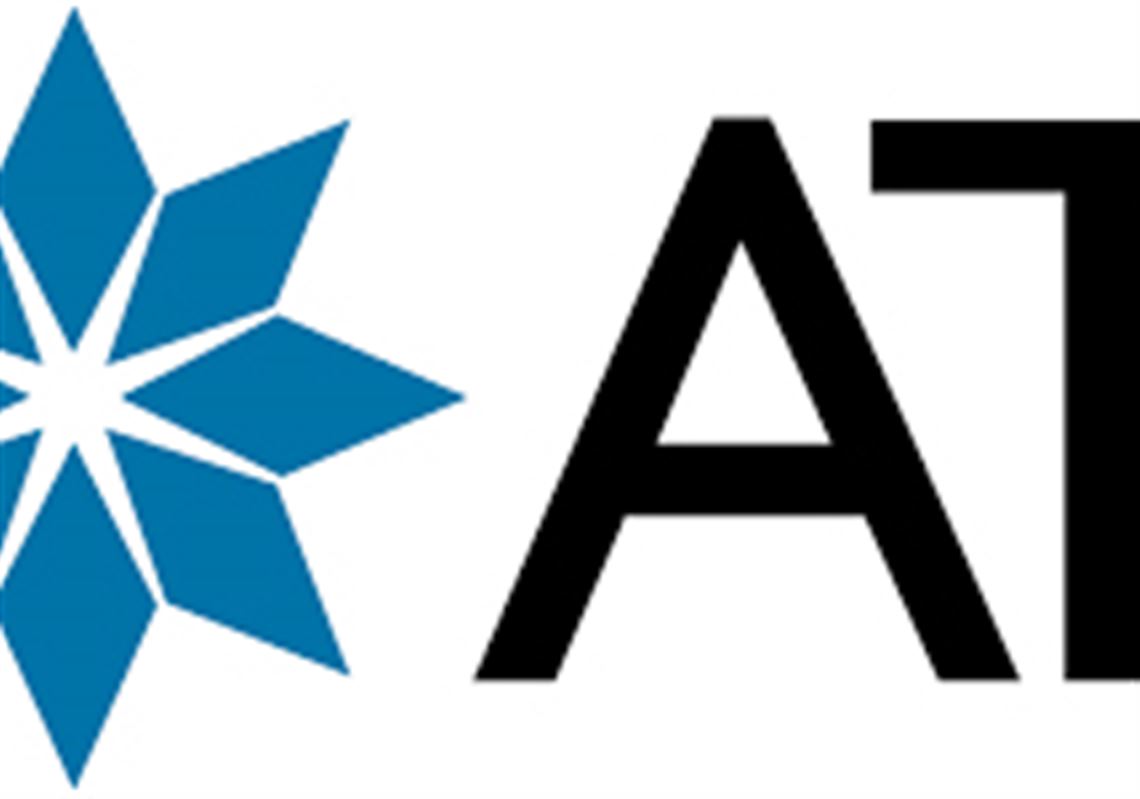Art Troyan said his fellow Allegheny Technologies’ union workers knew for some time that the Pittsburgh specialty metals producer would lock them out of the company’s plants.
That prediction, based partly on what the company called its “last, best and final” offer Aug. 6, came true Friday when Allegheny Technologies said it would block more than 2,000 workers represented by the United Steelworkers union from going to work late today and operate its plants with salaried, non-union and outside contractors.
The union workers had been working under the terms of a contract that expired June 30.
USW officials plan to start staffing picket lines at 10 p.m. today, when they said the lockout takes effect.
On Friday, union officials said non-essential union workers were told to go home and that they would be paid through today. Mr. Troyan, 59, who works at a furnace at the company’s new, $1.2 billion Brackenridge mill, said he was told to report for his shift, which started at 7 p.m. Friday and ends at 7 a.m. today.
“Everybody knew it was coming because of the company’s stance,” said Mr. Troyan, who has worked at Brackeridge for eight years. “Everybody’s saying it’s corporate greed. They’re trying to eliminate the middle class.”
Allegheny Technologies vice president Bob Wetherbee said significant differences remain between the two sides on health care benefits for current employees, benefits for future employees, the use of outside contractors, and scheduling.
“These differences have remained since formal negotiations began more than three months ago,” Mr. Wetherbee said in a statement released by the company Friday. “ATI has made substantial good faith moves throughout the negotiations, with little movement on these issues by the USW.”
The last labor dispute at the company occurred in 1994, when a strike idled operations for 10 weeks.
The 12 plants affected by the lockout are located in six states, including the company’s operations in the Alle-Kiski Valley. They produce stainless steel and other flat-roll products.
“It’s unfortunate they had to make this decision,” said Fran Arabia, president of USW 1196, which represents workers at the Brackenridge plant. “Anytime the company wants to come back to the bargaining table, we’re willing. We have a lot more bargaining to do.”
Union officials said Monday that Allegheny Technologies had wanted them to recommend by 3 p.m. Aug. 10 that the company’s four-year contract proposal be submitted to a member vote. Even before that ultimatum, union workers claimed the company had made arrangements to hire replacement workers and security firms that specialize in labor disputes, accusing the company of planning a “D-Day assault.”
Recently, the USW warned workers to prepare for a strike or lockout.
“It is clear that ATI intended to lock these workers out since day one,” USW president Leo Gerard said in a statement released by the union Friday.
The company’s contract proposal includes $4,500 in lump sum payments over the life of the contract. It also would require some workers to cover an increasing share of health care insurance premiums and all workers to pay higher deductibles and out-of-pocket medical costs over the life of the contract. There were no changes to pension plans for current workers, but the company demanded the flexibility to schedule a longer working day and hire more outside contractors.
Independent metals industry analyst John Tumazos said a provision of the Affordable Care Act that subjects companies to a tax if the premiums on their employee health care coverage exceed certain levels is one issue at the bargaining table. The tax had been dubbed the “Cadillac tax” because it was expected to apply only to high-paid employees. But in fact, it is expected to apply to many companies with union workers when it takes effect in 2018.
Mr. Tumazos also said Allegheny Technologies must curb costs because it faces competition from cheap imports as well as domestic competitors with non-union work forces. He expects that operating plants with non-union personnel will make the company realize that it doesn’t need as many employees as it currently has.
“I expect the company will learn that 10 to 30 percent of its workers are not necessary,” Mr. Tumazos said.
Mr. Troyan questioned the company’s assertion that the average union worker covered by the contract makes $94,000 a year.
“If that’s the case, they owe me a lot of money,” he said.
He said workers can make that much because the company asks them to work six or seven days straight for 12 to 16 hours a day.
“They were scheduled that way because there’s no one to fill in,” Mr. Troyan said.
Len Boselovic: lboselovic@post-gazette.com or 412-263-1941.
First Published: August 14, 2015, 1:35 p.m.
Updated: August 15, 2015, 3:05 a.m.

















